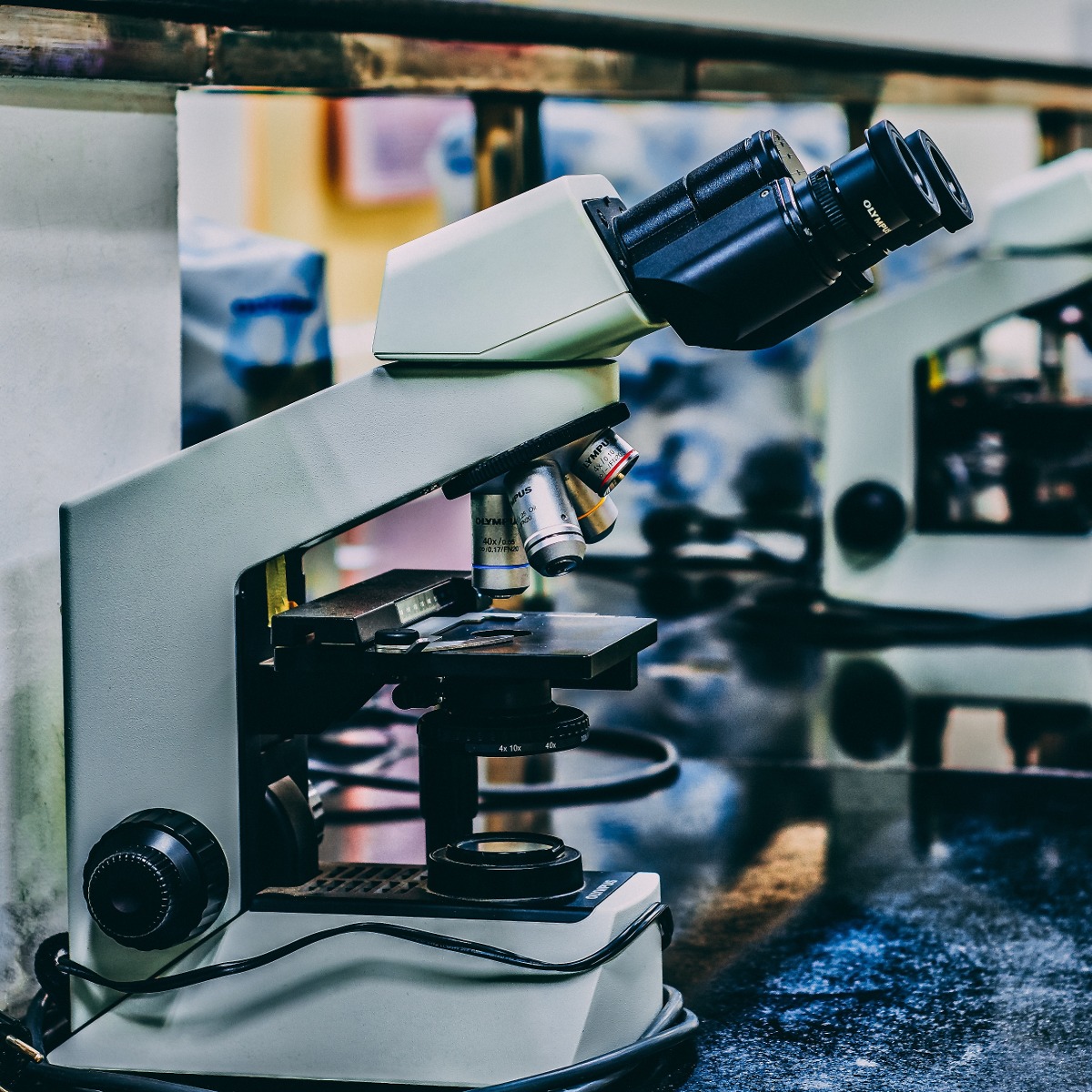Now that you’ve learned more about biosimilars, it may also be of interest to learn what the physician perspective is. We connected with Dr. Sandeep Sehdev, a medical oncologist at the Ottawa Hospital, to get his perspective on biosimilars and what he thinks is important for patients to understand about them.
- What do you think is important for your patients to understand about biosimilars?
They are safe: By the time biosimilars reach the patient they will have been thoroughly vetted by Health Canada for their chemical and biological similarity to the original drug. Health Canada reviews the biosimilar for any suggestion of potential safety concerns before it can be marketed.
They aren’t new: Biosimilars have been used in Canada and other countries throughout Europe for some time now in other disease areas.
They cost less: While they are not the same as “generic” chemical drugs, the concept is the same in that they are another version made by another company to lower costs. Similarly, to generic drugs, those savings will be expected to be put towards funding the costs of ever-increasing new advances in cancer treatments.
You will always be monitored: Finally, as we do for all cancer drugs, clinicians and health authorities will be continually monitoring how you are doing on the medication and how the medication is doing overall for any concerns about effectiveness or safety.
- What are some of the opportunities that you see with biosimilars?
More options equal better costs: An increased number of “brands” should increase competition and decrease the cost of treatment – something even our patients are overwhelmed by.
Savings can fund newer treatments: The savings will, of necessity, be redirected to other newer very costly advances in cancer treatment. New therapies require extensive research into the science underlying cancer biology and the development of complex biological agents, often used in combinations. The same patients offered biosimilars today would almost certainly benefit from these new therapies in the future.
- What are some things patients should consider if they are going to be using a biosimilar?
Don’t be afraid to ask questions: Patients should know that they may feel free to ask their doctors or pharmacists any questions about they may have.
The more you know: As we, the medical field, feel strongly that they are functionally similar, there should be no particular considerations to be had, aside from a sense of reassurance gained by a better understanding of biosimilars and how they will be used in Canada.








